Revised rules that went into effect on Jan. 1 took away federal tax credits on all but about a dozen EVs. But General Motors will make up for that loss by offering up to $7,500 in discounts on EVs like the Cadillac Lyriq and Chevrolet Blazer EV, the automaker said. Ford, meanwhile, said it is raising the price on some versions of its F-150 Lightning by up to $10,000, while lowering the cost of premium models by as much as $7,000.
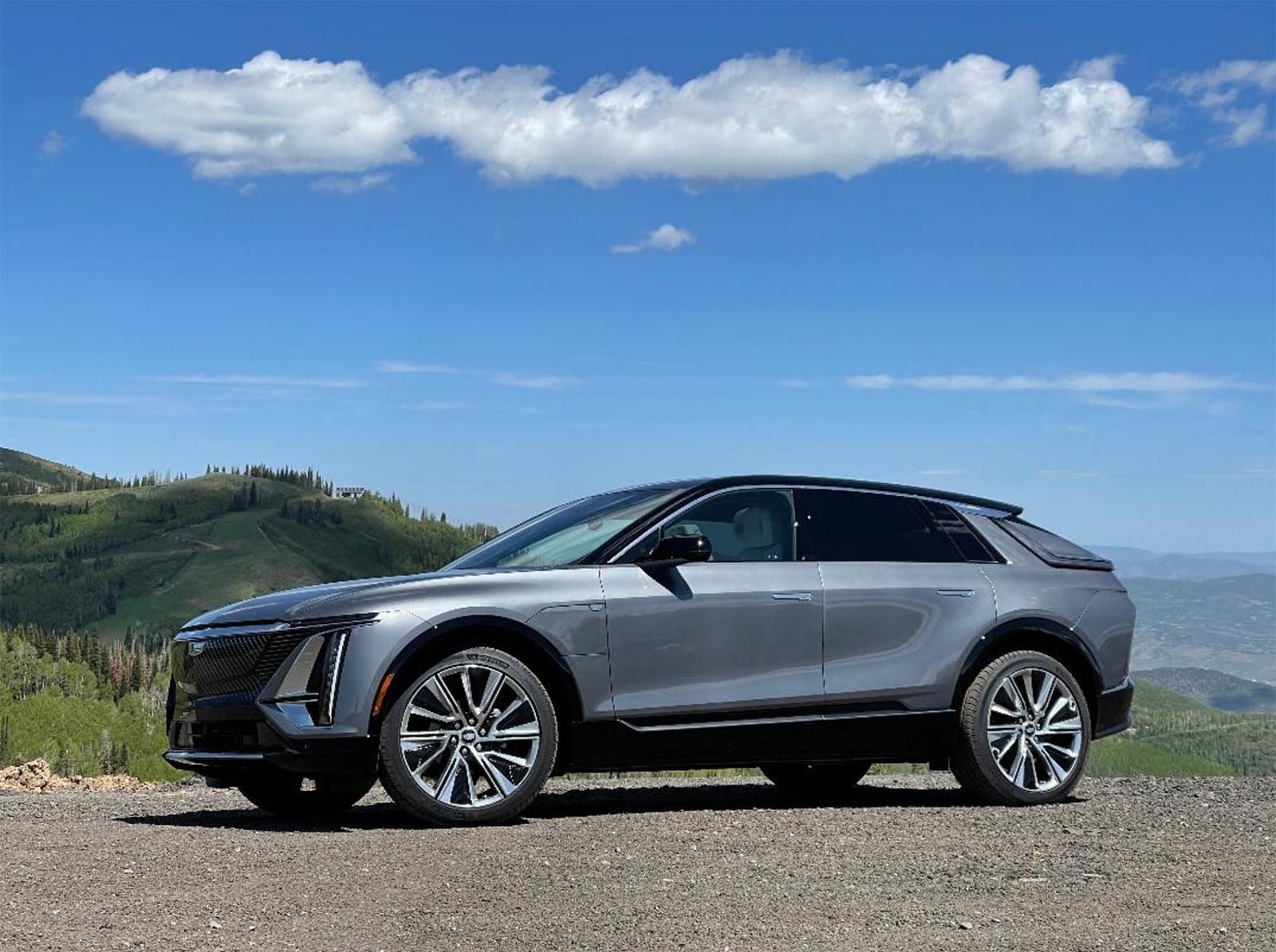
Cadillac’s Lyriq is one of scores of EVs that no longer qualify for the federal government’s $7,500 EV tax credit; however, GM is making up the difference now.
As of Jan. 1, only 19 EVs sold in the U.S. will be eligible for federal tax credits, down from 41 last year. The change reflects the ramping up of requirements included in the 2022 Inflation Reduction Act that set a minimum threshold for the sourcing of batteries, battery components and the minerals they use.
As a result, buyers will lose access to tax credits of up to $7,500 on all General Motors vehicles but the Chevrolet Bolt – which went out of production at the end of the year. But the automaker now plans to make up for that loss by providing buyers equivalent discounts, at least until it can take steps to regain access to the federal incentives, it confirmed.
It’s not clear if other manufacturers will take similar steps, though several industry analysts have predicted Tesla might introduce new price cuts, as it did a year ago, to keep its products competitive. Their higher cost is widely considered one of the factors behind a slowdown in EV sales growth in recent months.
Mixed signals from Ford
Ford Motor Co. went the opposite direction, at least on lower-trim versions of its F-150 Lightning, raising prices for base versions of the all-electric pickup by anywhere from $5,000 to $10,000. But it announced price cuts on some higher-level packages, such as the Platinum, by as much as $7,000.
Under the revised federal guidelines, Ford lost tax credits for its other retail EV, the Mustang Mach-E, this year. The Lightning still qualifies – though the pickup is still subject to limits on pricing and buyer income.
The decision to raise costs appears to reflect the fact that Ford has been losing an average $37,000 for each EV it sells, the automaker said during a third-quarter earnings call. But it’s unclear what the price adjustments will mean for sales. Demand for the Lightning has been slowing and Ford last month said it will cut output at a plant in Dearborn, Michigan by 50%.
Revised guidelines
The Biden administration has been a strong proponent of EVs, but in a sop to Sen. Joe Manchin, a West Virginia Democrat, the Inflation Reduction Act revised rules covering EV incentives. That included not only limits on vehicle pricing and buyer income but also added new sourcing restrictions. These are meant to get automakers to shift away from purchasing not only batteries, but battery pack components and raw materials such as lithium, nickel and manganese from any “foreign entity of concern,” such as China and Russia.
In 2023, 40% of the critical battery minerals had to come from the U.S. or a limited list of close trade partners. That jumps to 50% as of January 1, 2024, annually rising until reaching a 70% target by 2027.
When it comes to a broader list of battery components, the minimum threshold was 50% last year, climbing to 60% in 2024. And, by 2029 it will reach 100%.
GM ups incentives as it revises sourcing plans

GM told dealers that it would give EV buyers the $7,500 incentive no longer available from the federal government.
Responding to the lost of EV incentives, GM told dealers it will respond with equivalent discounts “for any vehicles that became ineligible due to the new guidelines.” That would mean price cuts of up to $7,500.
At the same time, the automaker said in a statement that the loss of the federal incentives is the result of “two minor components” and that it “has pulled ahead sourcing plans” that will shift suppliers to countries that qualify under the IRA guidelines. It did not identify which parts those are – though they’re believed to come from China – nor indicate when it believes its products will again qualify for federal tax credits.
It’s not the only automaker looking for a work around after losing those incentives. Tesla said it expects to requalify the new Cybertruck. Nissan it is looking for new suppliers that will allow it to “regain tax credit eligibility for the Nissan Leaf in the future.” VW said it was similarly “optimistic” about getting back on the list.
More broadly, a number of automakers have announced plans to shift production of EVs – such as the Polestar 2 – to the U.S. while also setting up domestic battery plants. And there’s growing demand for critical minerals produced in the U.S. and other countries that qualify under the IRA.
More EV news
- Loss of tax credits could further slow EV sales growth
- Tesla sets sales record — but loses crown in Q4 to China’s BYD
- Nikola helps kick off a “green truck” revolution
The loophole
There is a loophole that a growing number of EV customers appear to be taking advantage of, according to various industry officials who’ve spoken to Headlight.News. The IRA’s sourcing requirements don’t impact customers who lease, rather than buy their EVs. Even before the latest restrictions went into effect, incentives were available on a much wider range of both all-electric and plug-in hybrid models, including foreign-made models like the Volvo XC40 Recharge and Toyota bZ4X.
Technically, the credits go to the dealer or finance company. So customers need to make sure they will pass on those incentives.
Meanwhile, buyers of commercial EVs, such as the Ford E-Transit – which also lost its IRA tax credits — may qualify for separate EV incentives that, in some cases, can run as high as $40,000.

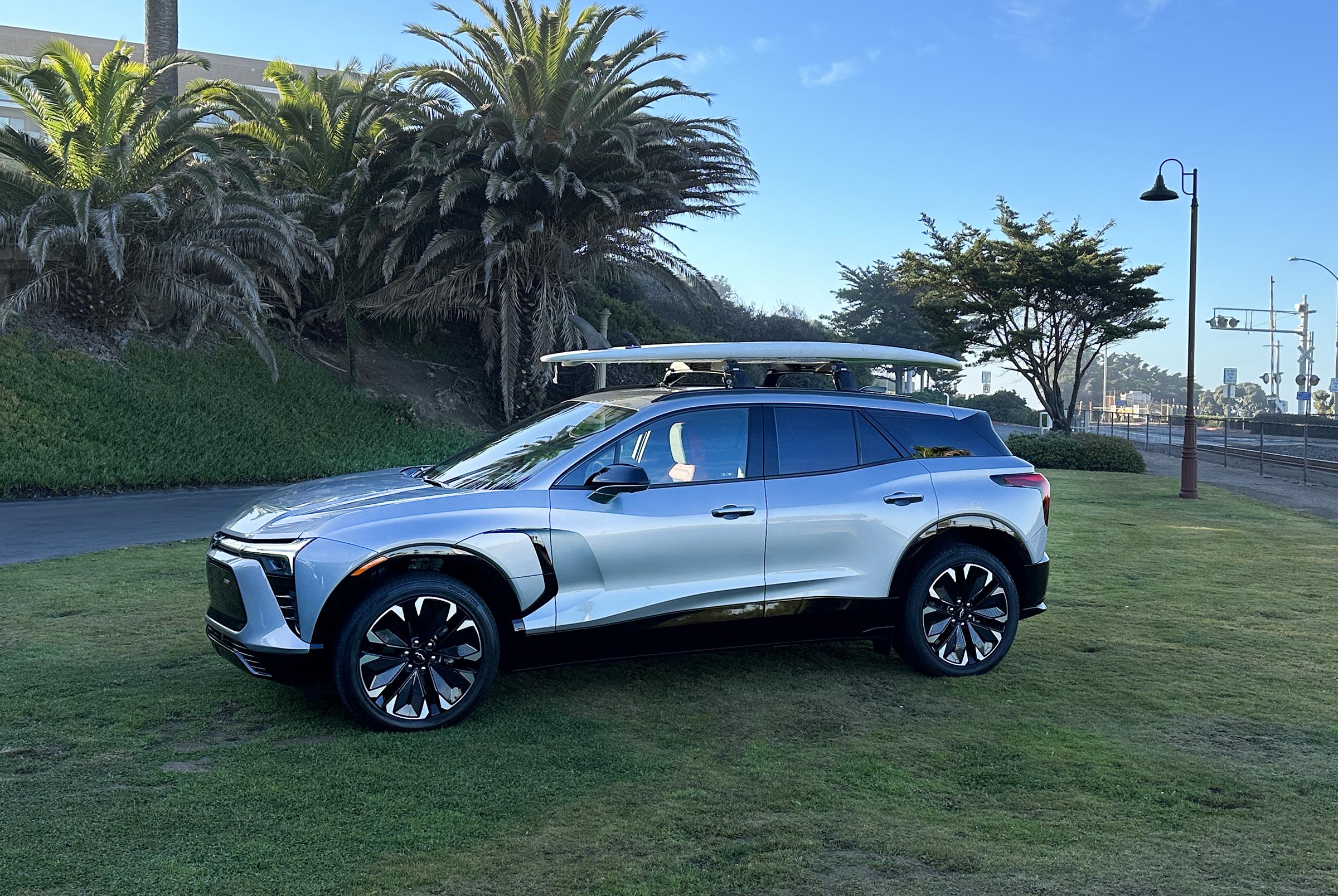
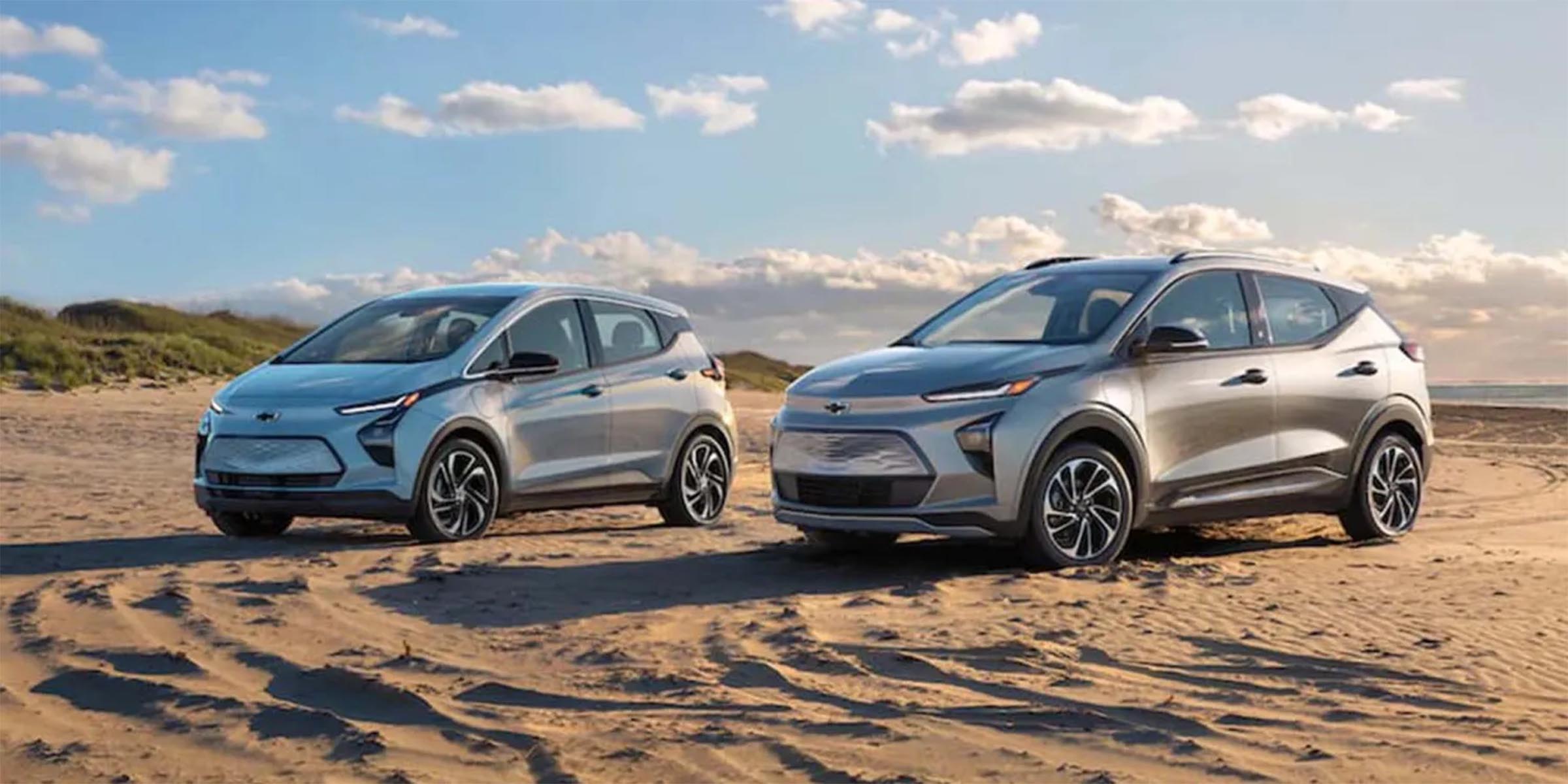
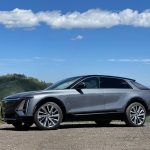
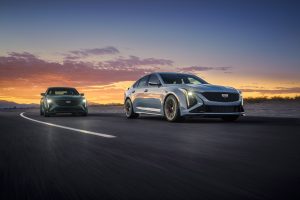
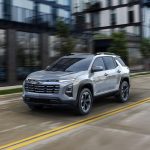

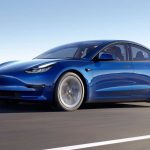


0 Comments